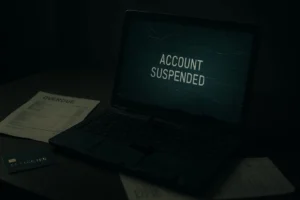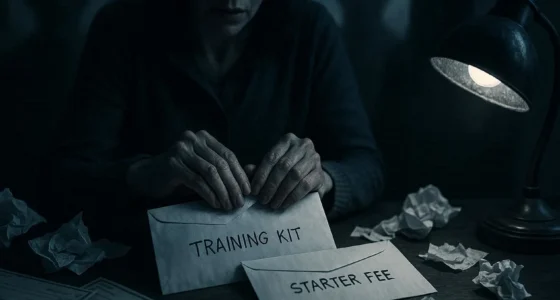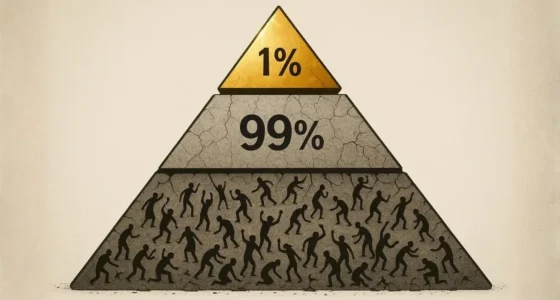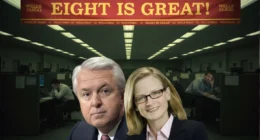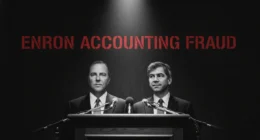The Dream That Devoured a Generation
It always starts the same way — with a YouTube ad.
A smiling “guru” stands beside a rented Lamborghini, saying:
“I made $1.2 million in six months with Amazon FBA — and you can too.”
The promise feels intoxicating. Quit your job. Escape the 9-to-5. Build your empire from home.
But that promise hides a monster.
Behind every luxury backdrop, there’s a funnel — not a business, but a trap. These self-proclaimed mentors sell dreams packaged as education. And they know exactly which emotions to prey on: fear, envy, and desperation.
According to the Federal Trade Commission, “business coaching” and “online course” scams drained over $150 million from U.S. consumers in 2023 alone
. Most of it came from schemes linked to e-commerce and drop-shipping dreams.
“I Just Wanted to Be Free” — Emily’s Story
Emily was 24 when she bought her first Amazon FBA course.
She worked at a grocery store in Austin, barely making rent.
She watched a webinar promising she could make $10,000 a month “with zero experience.” The host, a “six-figure mentor,” offered a limited-time course for $1,497.
“It felt like my only shot,” she said. “Everyone online was making money but me.”
She paid. Then came the upsells:
-
$997 for “supplier access.”
-
$499 for “private mentorship.”
-
$2,000 for “product launch tools.”
Within three weeks, she’d spent $4,494 — her savings, her credit, her hope.
The “mentorship” was just pre-recorded videos. The “coach” vanished. Her account got suspended before her first sale.
“I cried every night for a month,” Emily said. “They sold me a dream that turned into debt.”

The Dark Anatomy of Amazon FBA Course Scams
Here’s how these scams usually work — step by step:
-
The Hook:
They target people desperate for freedom — new grads, single parents, the unemployed. -
The Illusion of Proof:
Flashy screenshots. Rented cars. Stock photos of “sales dashboards.” It looks legitimate. -
The Psychological Push:
Fear of missing out. “Only 10 spots left.” “This offer expires tonight.” -
The False Education:
The “course” teaches surface-level tactics — easily found for free on YouTube. -
The Financial Drain:
More upsells follow. “Advanced secrets” for $5,000. “Exclusive community” for $10,000. -
The Collapse:
Students realize they’ve been taught nothing that works. By then, the gurus are gone.
In one FTC investigation, “business opportunity” sellers promised FBA profits but made nearly all their revenue from selling courses, not products.
It’s not education — it’s a multi-level illusion, where success is measured only by how many new dreamers you recruit.
The Psychology of False Hope
Why do so many intelligent people fall for this?
Because it doesn’t feel like fraud — it feels like faith.
These gurus speak in sermons: “Believe in yourself. Take the leap. Success loves speed.”
They turn ambition into religion and fear into currency.
The scariest part? They’re not always lying about their success.
Some really did make money by selling the course, not by selling on Amazon.
According to Truth in Advertising, nearly 60% of top FBA coaches made their fortunes through affiliate marketing and course sales, not real eCommerce.
They built castles on the backs of their believers.
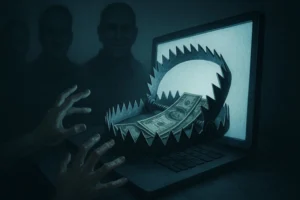
The Ghosts of Lost Savings
Online forums are filled with ghosts — people who believed, invested, and fell apart.
A former student from Los Angeles wrote:
“I maxed out three credit cards to buy mentorship. Now I’m $15,000 in debt and working two jobs to pay it off.”
Another in Toronto said:
“They promised I’d be my own boss. Now I’m afraid to open my bank app.”
Behind every statistic is someone like Emily — a person who trusted too much, hoped too hard, and got devoured by the algorithmic machine of digital deception.
How the Gurus Stay Untouchable
Here’s the nightmare twist:
Most gurus operate legally — or close enough.
They use disclaimers, affiliate clauses, and LLCs registered offshore.
When complaints pile up, they simply rebrand, rename, and relaunch.
One “FBA Academy” shut down in 2021 after an FTC complaint — only to reopen under a new name months later.
Meanwhile, new ads flood TikTok and YouTube daily. The message never changes:
“You’re one course away from financial freedom.”
The Real Horror: You Are the Product
Amazon FBA Course Scams aren’t selling knowledge.
They’re selling you — your hope, your time, your belief.
They harvest your data, your attention, and your story.
Each testimonial becomes bait for the next victim.
As one investigator from the Consumer Financial Protection Bureau said,
“They sell dreams like it’s a commodity. And hope, it turns out, is the easiest thing to monetize.”
Protect Yourself Before It’s Too Late
If you see:
-
“Guaranteed profits”
-
“Easy business setup”
-
“Six figures in 90 days”
-
“Zero risk”
Run.
Legitimate business education never promises success.
It teaches process, not perfection.
If you want to sell online, start small, use real data, and avoid any guru selling “secrets.”
The only secret worth knowing is this: if someone’s selling you freedom, you’re the product.
Final Warning
Emily says she still can’t watch YouTube ads.
“They all sound the same,” she said. “They all sound like him.”
She’s back at her grocery job, still paying off debt.
But she’s wiser now — haunted, maybe, but free.
The digital monsters are still out there, whispering: “Start your empire today.”
But once you’ve seen the cost, you never hear it the same way again.
Resources
[1] Federal Trade Commission. “Consumer Sentinel Network Data Book.” 2023.
[2] Federal Trade Commission. “When a Business Offer or Coaching Program Is a Scam.” 2022.
[3] Truth In Advertising. “The Dark Side of Amazon FBA.” 2017.
Related reading(suggested)
Work From Home Scams: Envelope Stuffing & Data Entry Fraud


